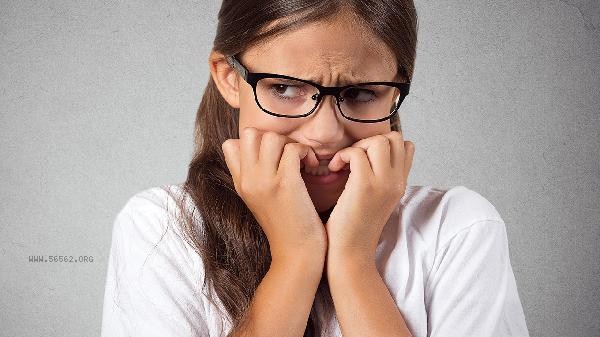Introverted inferiority complex accompanied by social phobia can be gradually improved through psychological adjustment, behavioral training, learning social skills, adapting to the environment, and seeking professional help.

1. Psychological adjustment
Cognitive behavioral therapy is a core method for improving social anxiety by identifying and correcting negative thinking patterns. Record negative thoughts in social situations and refute them with objective facts, such as attributing someone's lack of greeting to not seeing them instead of hating oneself. Practice positive psychological suggestion every day, such as repeating short sentences like 'I can handle social situations calmly', gradually building confidence.
2. Behavioral training
uses a systematic desensitization method to adapt to low stress social scenarios, starting with brief conversations with acquaintances and gradually increasing challenges such as contact with strangers. Set specific quantifiable stage goals, such as attending a small gathering once a week. Record successful experiences promptly after exposure exercises and strengthen the positive feedback mechanism.
3. Learning Social Skills
Mastering basic social etiquette can reduce anxiety caused by uncertainty in interactions, including maintaining appropriate eye contact and using open-ended questioning. By observing successful interaction cases with others, imitate natural and appropriate body language and topic switching methods. Several common topic templates can be prepared in advance to deal with awkward situations.

4. environmental adaptation
Choose a supportive social environment as a practice site, such as book sharing events and other light social activities with fixed topics. Joining interest clubs can naturally establish connections based on common topics and reduce the pressure of deliberate socialization. In the initial stage, trusted friends can be invited as social partners to provide a sense of security.
5. Professional assistance
When self-regulation is limited, psychological counseling can provide personalized improvement plans. Psychologists may use group therapy to simulate social scenarios or use anti anxiety drugs such as paroxetine to alleviate physiological symptoms. Regular psychological assessments can monitor improvement progress and adjust intervention strategies. Continuous relaxation training such as deep breathing can help alleviate tense reactions in social situations, while regular exercise can increase serotonin levels in the body and improve mood. Maintain a diet rich in vitamin B and omega-3 fatty acids, and avoid excessive caffeine that exacerbates anxiety. Establishing a stable daily routine and improving social skills is a gradual process that requires patience. Rest days can be set up every week to avoid self blame. When severe physical symptoms such as palpitations and vomiting occur, it is necessary to seek professional diagnosis and treatment from a psychological or psychiatric department in a timely manner.





Comments (0)
Leave a Comment
No comments yet
Be the first to share your thoughts!